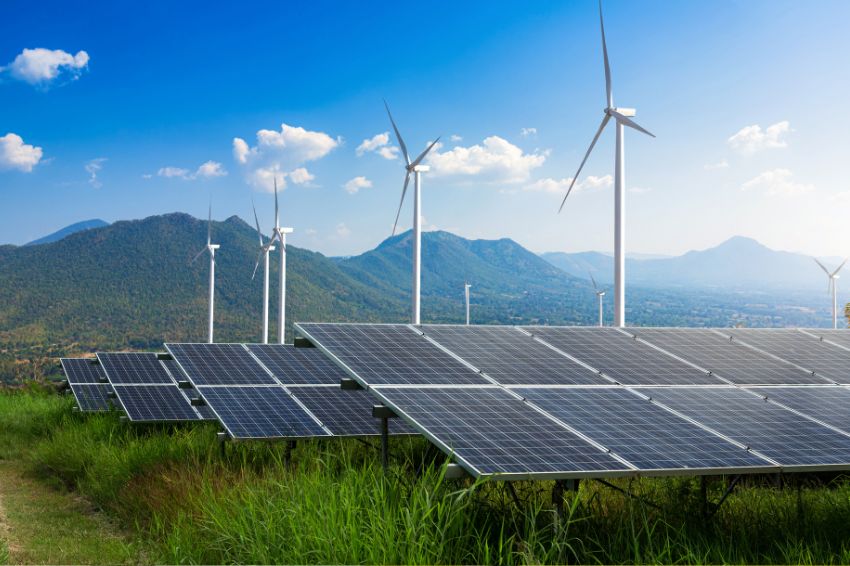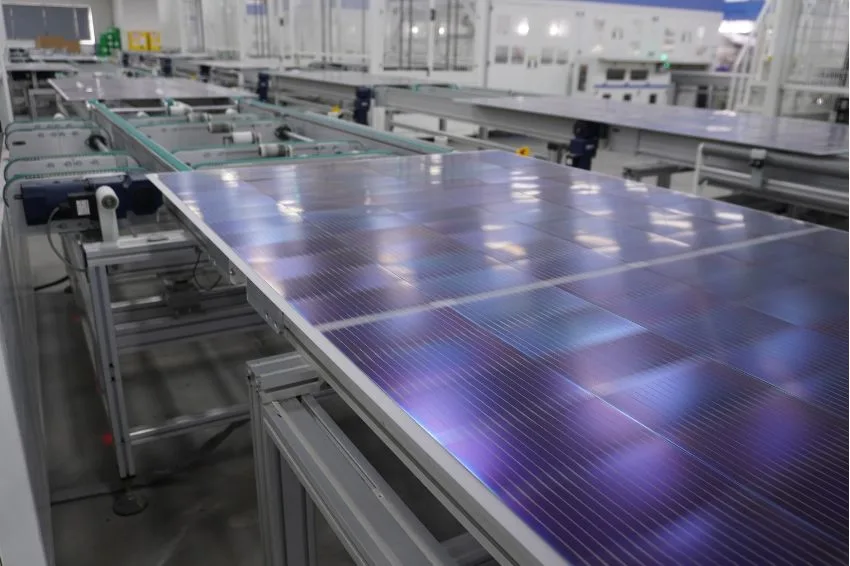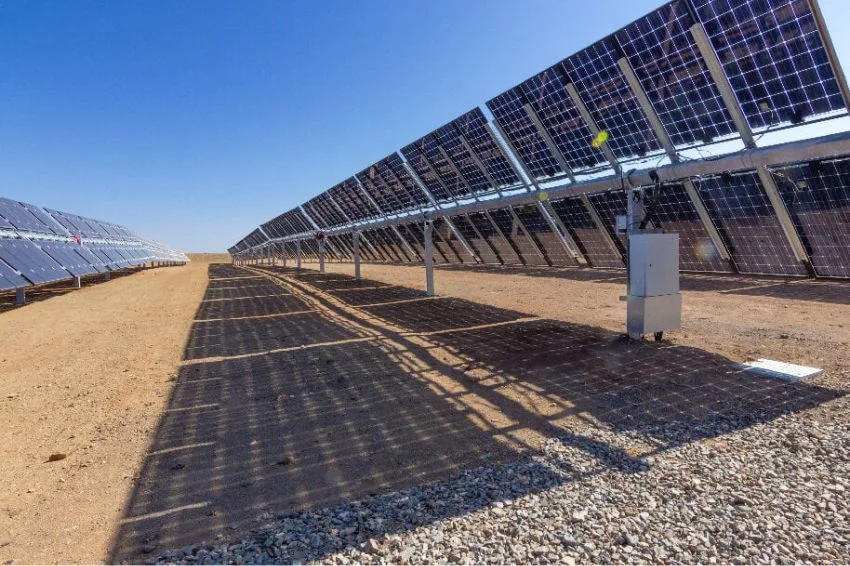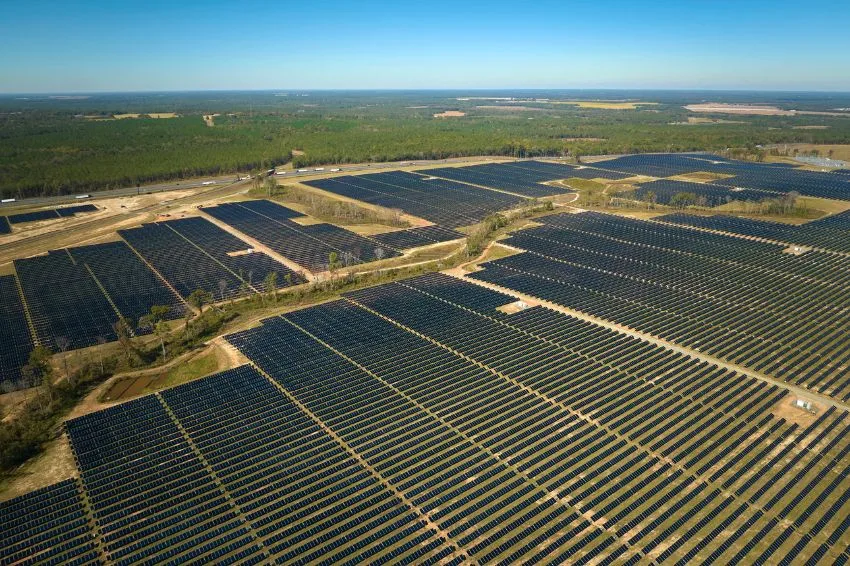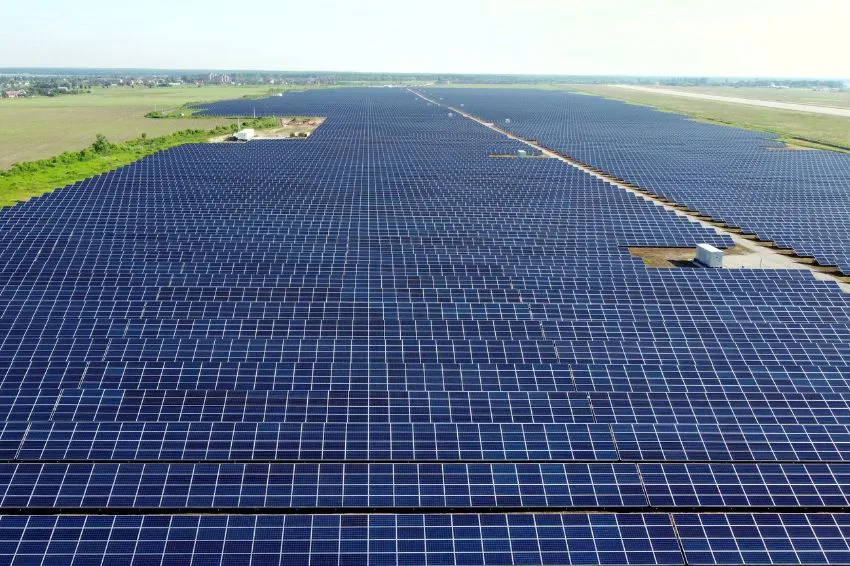A capacity in renewable sources added to energy systems around the world grew 50% in 2023, reaching almost 510 GW, with solar accounting for around three-quarters of these additions.
The data was presented, this Thursday (11), by Renewables 2023 – the latest edition of the company’s annual market report IEA (International Energy Agency).
The index points to the faster global growth of renewable energy already registered in the last 20 years. The biggest expansion of the year occurred in China, which in solar alone commissioned as much energy as the entire world in 2022.
Increases in renewable energy capacity in Europe, the United States and Brazil also reached historic highs. The expectation is that in these markets only solar energy and onshore wind will more than double in size by 2028 compared to the last five years.
At a global level, the Agency predicts that clean energy should surpass coal as the largest source of electricity production of the world by 2025.
A The estimate is that renewable capacity will grow more than two and a half times by 2030 – a volume that would still not be enough to achieve the COP 28 objective of tripling renewable energy worldwide.
For the executive director of the IEA, Fatih Birol, despite record growth in 2023, the The world still has a big challenge ahead: Increase financing and deployment of clean energy systems in most emerging and developing economies.
According to him, it makes no sense for solar and wind energy to be replaced in these countries by fossil fuel plants, for environmental reasons and the fact that they are now much cheaper sources.
Only in 2023, the photovoltaic module prices decreased by almost 50% in relation to the previous year, the Agency exemplified.
Birol also highlights that the emerging economies need to overcome political uncertainty in a fragile economic environment and insufficient investments in network infrastructure to accommodate greater shares of renewable energy.
“In other emerging and developing economies, access to finance, strong governance and robust regulatory frameworks are essential to reducing risk and attracting investment, including establishing new targets and policies in countries where they do not yet exist,” he emphasized.
All content on Canal Solar is protected by copyright law, and partial or total reproduction of this site in any medium is expressly prohibited. If you are interested in collaborating or reusing some of our material, we ask that you contact us via email: [email protected].


